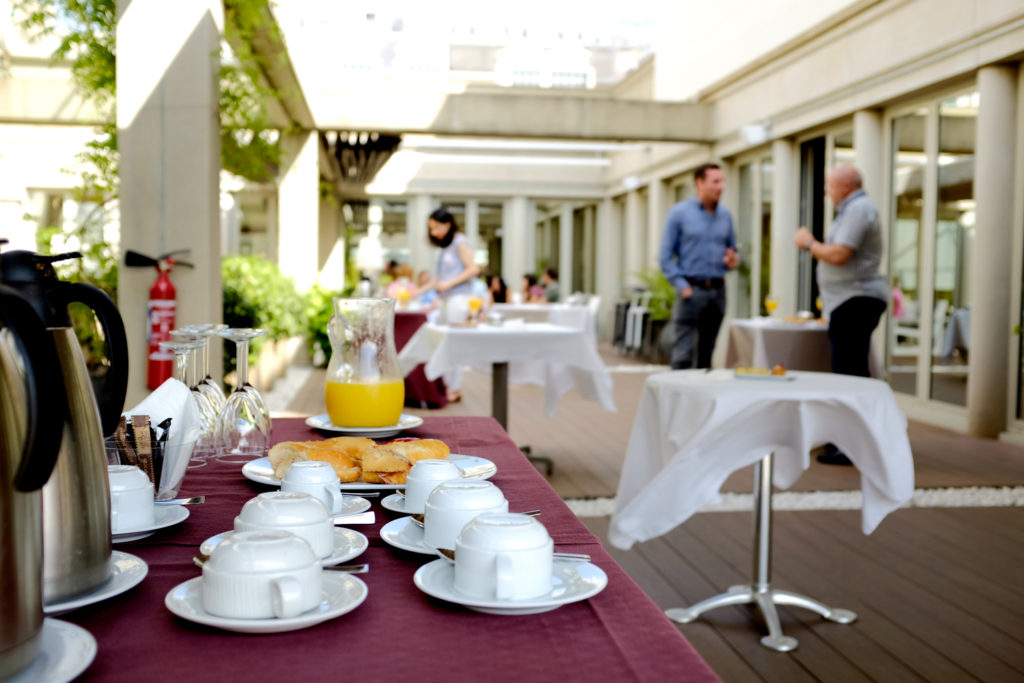
Gran Via Business & Meeting Center elaborate personal and professional advantages of workspaces
The ability to work and share experiences with any kind of professional in the same space helps to form a beneficial socio-professional model in every workaday aspect.
Even with all their years in development and expansion around the world, it has been shown that there is a “special” factor that emerges when working in a workspace. What makes a workspace, made up of different types of professionals from different areas, positioning as a good place to work in a common and shared environment, while still being effective? Are there lessons for more traditional offices to be learned?
According to Gran Via Business & Meeting Center, a reference in the workspaces and flexible officessector in Barcelona, people who use these spaces see their work as “something meaningful”, as they can focus fully on their work without having to worry about other factors that may condition their daily work. As the business center explains, there are factors to consider that enable business growth:
On one hand, unlike a traditional office, workspaces are usually made up of a range of different companies and projects. As there is little internal direct competition in the space, users do not feel pressured to stand out, allowing them to strengthen and to work more leisurely and thoughtfully on their own work identity.
On the other hand, not having regular competition in the same space allows them to help each other and to create synergies between companies that can increase the client portfolio. And there can be many opportunities to carry out such actions! The variety of jobs and specialties that can be found in a workspace means that the user community has the potential to span professionals from such different areas that they can provide business opportunities to other members of the center.
But working in a flexible office space also allows personal growth, Gran Via BC claims:
Users have more control over their work, as these spaces are accessible most of the day throughout the whole work week. This way, all users can decide whether they spend a ‘long day’ when they have a deadline or want to show progress, or they can decide to take a break in the middle of the day to disconnect. They can also choose whether they want to work in their own space to be able to concentrate, or in a common space with tables and in a different area, as is the case of the terrace of this business center located in Barcelona. They can even decide to work remotely, without any consequences, and being able to keep the workspace team assistance while still meeting family needs.
“Too much autonomy can actually paralyze productivity, because people lack routines,” points out the Gran Via BC team, remembering how their years of experience allow them to observe in their users the advantages of having a community to work in, which helps them to create structures and a discipline that motivates them. Thus, paradoxically, some limited form of structure allows an optimal degree of control for workers.
So what are the implications for traditional companies? Although the movement of flexible workspaces and offices was essentially born for freelancers, entrepreneurs and technology industry, it is increasingly relevant to a wider range of people and organizations. In fact, working from a workspace can become part of a company’s strategy, and can also help your people and business thrive.
“Combining a well-designed work environment and a work experience well-served by trained professionals is part of the reason why people working in shared spaces prove high levels of performance,” asserts Gran Via BC. As they see it, working on a workspace will allow users to feel more committed to their work, and are more likely to contribute with their best energies and ideas every day.
